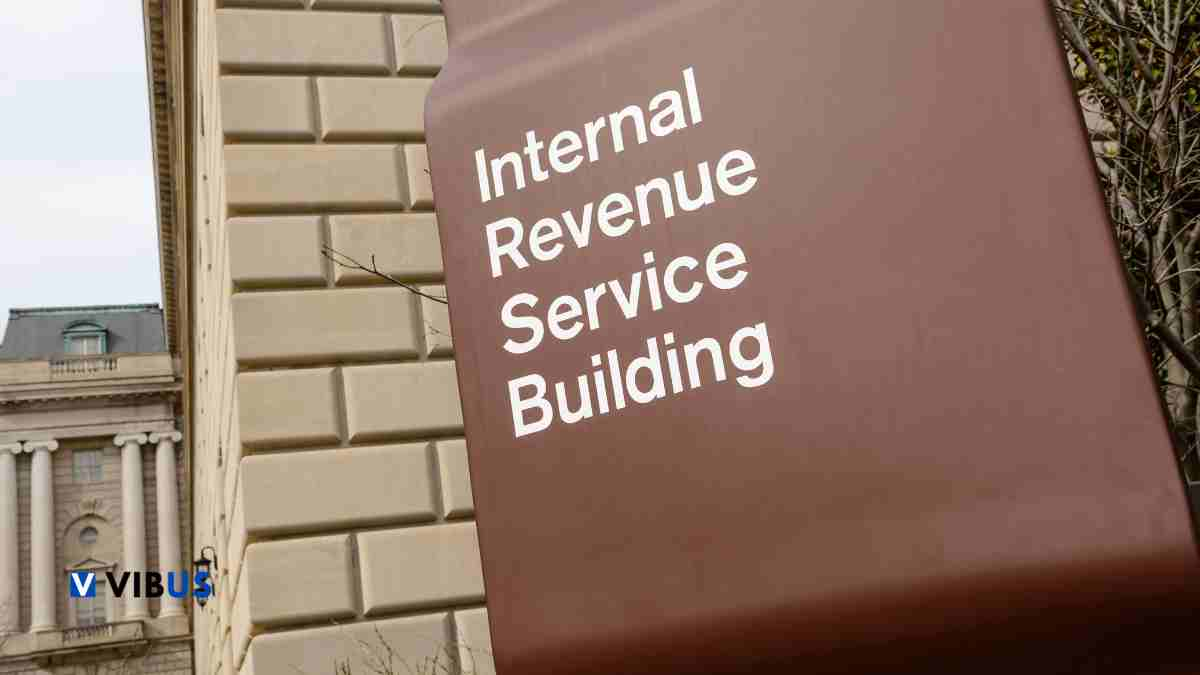In the days ahead, the IRS will be issuing tax refund checks to low and moderate-income taxpayers based on their annual net gross income. Typically starting four times within a fiscal year, the IRS initiates the e-file income tax return process. The federal IRS has provided estimated refund dates that come with significant financial benefits. To find out more about the Federal Tax Refund Checks, eligibility criteria, and other essential details, keep reading!
The Federal US Government extends various income supports to its citizens, aimed at easing the burden of living costs and offering relief from rising inflation. The Internal Revenue Service will be distributing tax refunds, which are anticipated to arrive by the end of this month. These checks are based on the recipient’s income tax return and their household income.
The IRS outlined schedule delivering refunds
The Internal Revenue Service (IRS) has outlined a weekly schedule for delivering these refunds. Once your e-filed return is accepted, you can expect your refund as a direct deposit.
- Payment Amount: The refund amount will vary based on your annual net gross income and other specific factors.
- Payment Dates: The IRS has outlined estimated dates for when these refunds will be issued.
- Eligibility: Generally, low and moderate-income taxpayers who have filed their income tax returns are eligible.
Make sure to stay informed and check your eligibility to benefit from these upcoming federal tax refunds. This financial relief can be a significant help in managing your expenses and coping with inflationary pressures.
Important Dates and Details
The IRS began accepting returns on January 22, 2024. Based on your filing date, you can anticipate receiving your refund anywhere from early February to late May. This schedule ensures that everyone gets their refund in a timely manner.
Why Timing Matters
Recently, the IRS has successfully issued more than 90% of federal tax refund checks within 21 days. This impressive turnaround is due to efficient processing of tax returns, although some refunds may take longer due to additional reviews.
Factors Influencing Refund Timing
Several factors can influence the timing of your refund:
- Claiming the Child Tax Credit (CTC) or Earned Income Tax Credit (EITC)
- The specific month you filed your return
- Other variables unique to your tax situation
These factors may cause a delay, but rest assured, the IRS is working diligently to process all refunds as quickly as possible.
Stay Informed and Prepared
Make sure you are aware of the key aspects related to your refund:
- Understand the benefit payment dates
- Know how to claim your payment
- Check your payment credit amount
- Stay updated on the newest class actions
- Keep an eye on the latest government reliefs
By staying informed and understanding these elements, you can ensure a smooth process for receiving your federal tax refund. Happy filing!
When it comes to managing your finances, understanding the factors that affect your Federal Tax Refund Checks is crucial. Several common concerns can significantly impact your refund, including the date of filing your tax return, claiming specific credits, the mode of filing, and any existing debts to the Federal Government. Additionally, major life events such as changes in marital status, purchasing a home, retirement, or alterations in investments play a significant role in ensuring compliance and optimizing tax benefits.
Understanding Federal Tax Refund Checks
Federal tax refund checks are reimbursements issued to taxpayers who have overpaid their taxes to the federal or state Government. These refunds are based on qualifying tax credits and taxation bills, which work in contrast to a tax refund. Essentially, these refund checks help reduce the amount of taxes owed if they fall below the federal income threshold.
Key Factors Impacting Your Tax Refund
- Date of Filing: The timing of your tax return submission can affect the speed and amount of your refund.
- Specific Credits: Claiming particular tax credits can increase your refund amount.
- Mode of Filing: Whether you file electronically or by paper can influence the processing time of your refund.
- Existing Debts: Any outstanding debts to the Federal Government can reduce your refund amount.
Life Events Influencing Your Tax Refund
Significant life events can also impact your tax refund eligibility and amount. These events include:
- Changes in Marital Status: Getting married or divorced can affect your filing status and potential deductions.
- Home Purchase: Buying a home may qualify you for certain tax credits and deductions.
- Retirement: Changes in your employment status, such as retiring, can alter your taxable income.
- Investment Alterations: Adjustments in your investment portfolio can influence your tax liability and benefits.
By understanding these factors and how they interact with your financial situation, you can better prepare for your tax return and potentially maximize your Federal Tax Refund Checks.
When it comes to Federal Tax Refund Checks, not every taxpayer qualifies. Your eligibility depends on your tax liability from the previous year. If you filed your taxes individually, you might be eligible for a refund of $200, while joint filers could receive up to $400. Remember, the standard deadline for filing your income tax return in 2024 is April 15. If you need more time, you can request an automatic extension, which gives you an additional six months to file.
